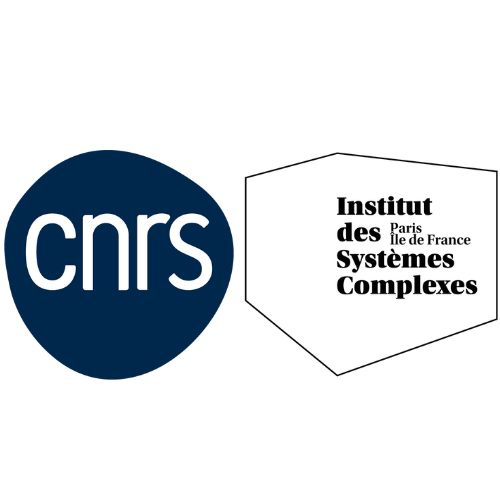Education is going through major changes, thanks to the inputs of open science and cognitive science. This seminar aims at articulating and describing such changes by providing attendees with a combined understanding of open science and cognitive science.
Cognitive science will be described through its philosophy, history and methods, with bits of clinics, endocrinology and neuroanatomy (and, following students’ choice, we can also discuss parasitology, gut ecosystem, evolutionary psychology, ethnology, artificial intelligence…).
Open Science will be described through its philosophy and various modalities of citizens’ involvement in the scientific research process. From the conception of the project to the diffusion of its results, how people could contribute to this project? What are the bases of open license, the use of open file formats to exchange or diffuse knowledge, and finally, open used and produced data? Citizens can be involved as observers, as funders, by identifying images or/and analyzing data, or by providing data themselves. This allows for the democratization of science, and it is also linked to stakeholders’ engagement and public participation.
Indicative bibliography:
« Mon cerveau, ce héros – mythes et réalité » by Elena Pasquinelli
Any books by Oliver Sacks constitute good intro.
This entire website: http://lecerveau.mcgill.ca/
Giovanni Destro Bisol et al. « Perspectives on Open Science and scientific data sharing:
an interdisciplinary workshop ». Journal of Anthropological Sciences. Vol. 92 (2014), pp. 179-200.
Organized by Fabienne Cazalis & Salma Mesmoudi
Special guest: Danièle Bourcier
Image : 123RF/neyro2008


